Denmark lifts sailing restriction near Nord Stream pipeline leak area
Denmark has lifted sailing restrictions imposed near where bomb attacks ruptured the Nord Stream gas pipeline last year, as the West strives not to talk about the sabotage incident, in which Moscow sees the United States as the most probable culprit.
On Thursday, the Danish Maritime Authority (DMA) announced that it was lifting restrictions on sailing in the area of the Baltic Sea where gas violently leaked following a number of blasts that incapacitated the Nord Stream pipelines in September last year.
The removal of the ban was carried out at the recommendation of the Danish Energy Agency, and would henceforth allow ships to navigate in the area.
Although the DMA said in its statement that it was no longer dangerous for vessels to sail in the area, it stressed that it was maintaining the ban in areas where "anchoring, fishing and work on the seabed are discouraged within a distance of 1 nautical mile from the leak positions due to underwater obstacles."
Two of the pipelines, known collectively as Nord Stream 1, had been providing Germany and much of Western Europe with cheap Russian natural gas for more than a decade. A second pair of pipelines, known as Nord Stream 2, had been built but were not yet operational.
Back on September 26, three huge gas leaks, preceded by a series of explosions, occurred on the pipelines in the exclusive economic zones of Sweden and Denmark. The powerful blasts, according to Moscow, knocked out three of the four strings of the Nord Stream network off the coast of the Danish island of Bornholm.
Following the blasts, Denmark, Germany, and Sweden conducted investigations into the blasts. The preliminary results of a joint probe by Sweden and Denmark showed that the blasts had been "intentional sabotage," but the responsibility was not assigned to any party. Moscow, however, has been blaming the West ever since the explosions.
Veteran investigative journalist Seymour Hersh claimed in February that the attack on the Nord Stream pipelines had been ordered by American President Joe Biden and conducted jointly by the US and Norway. Both nations have strongly denied those allegations. Russian President Vladimir Putin, however, said in March that he "fully agreed" with Hersh's conclusions.
Despite strong denial by the US, Hersh insisted on his claim on March 22, further saying that the CIA provided the Western media with an alternative story for the destruction of Nord Stream 2 pipeline to cover up Washington’s involvement.
On March 29, the Russian embassy in the US also accused Washington of attempting to play down damning information about its alleged involvement in the sabotage.
Early this month, The Washington Post cited an unnamed senior European diplomat as saying that at gatherings of European and NATO policymakers, officials have settled into a rhythm: “Don’t talk about Nord Stream.”
The official further told The Post that leaders see little benefit from digging too deeply and finding an uncomfortable answer, echoing sentiments of a number of peers in other countries who said they would rather not have to deal with the possibility that Ukraine or allies were involved.
Back in February, Russian Foreign Minister Sergei Lavrov said that Moscow was preparing a special United Nations Security Council meeting on the Nord Stream blasts.
Furthermore, Dmitry Birichevsky, head of Russia's Foreign Ministry's Department for economic cooperation, said on March 27 that Moscow also intended to open an international probe into the attacks.
"We do not rule out later raising the issue of compensation for damage as a result of the explosion," he said at the time, without clarifying who Moscow would seek damages from.
Iran congratulates Bangladesh on successful parliamentary elections
VIDEO | Israel approves land registration in West Bank’s Area C, raising Palestinian annexation fears
VIDEO | Press TV's news headlines
Iran: World bears responsibility to counter Israel’s rights violations in West Asia
Saudi Arabia condemns Israel’s seizure of West Bank land, warns of regional instability
Israeli producer of anti-Iran propaganda series ‘Tehran’ dies in Greece
Diplomacy and deterrence: Iran focused on reaching nuclear deal – without compromise
British Museum faces backlash for eliminating references to ‘Palestine' from displays


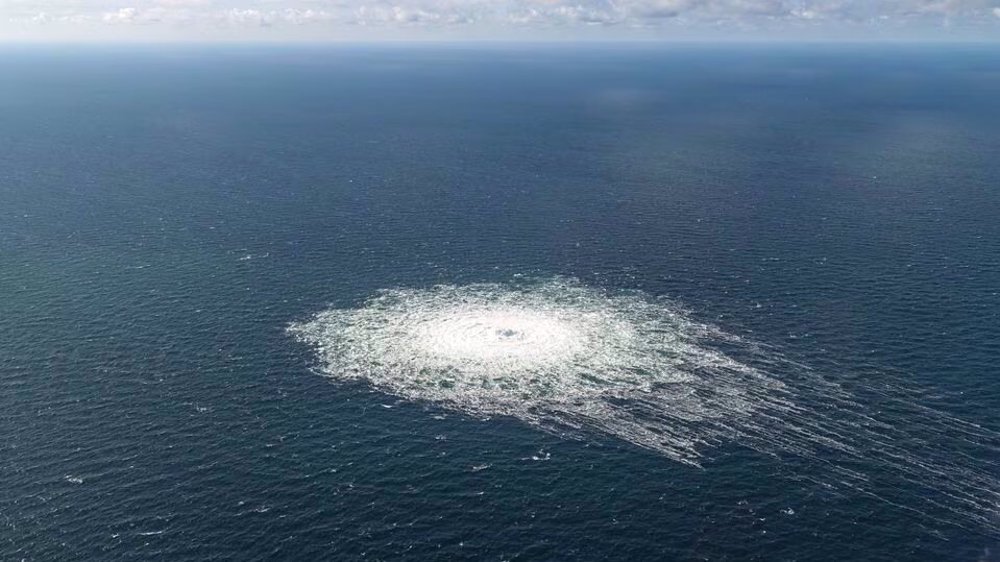
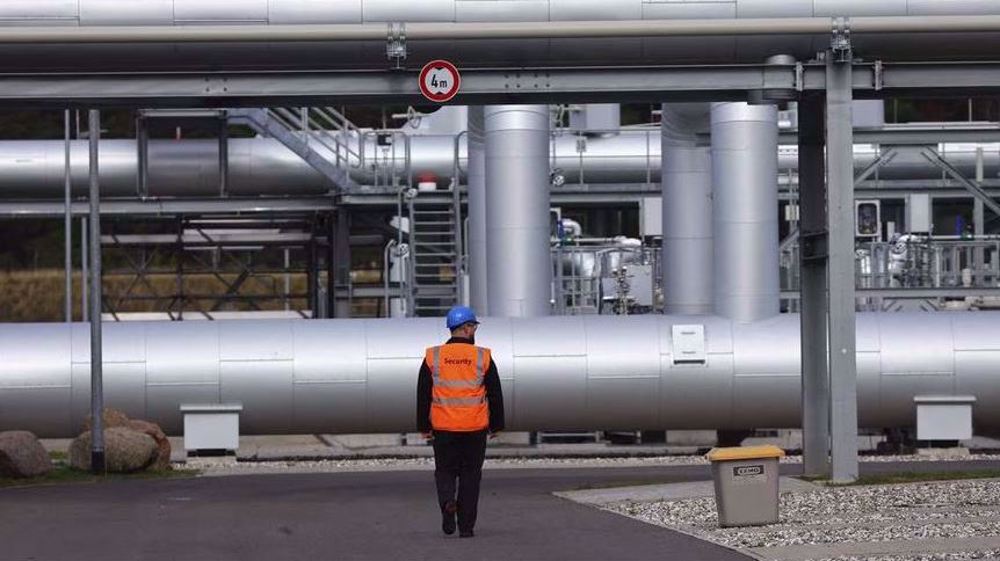
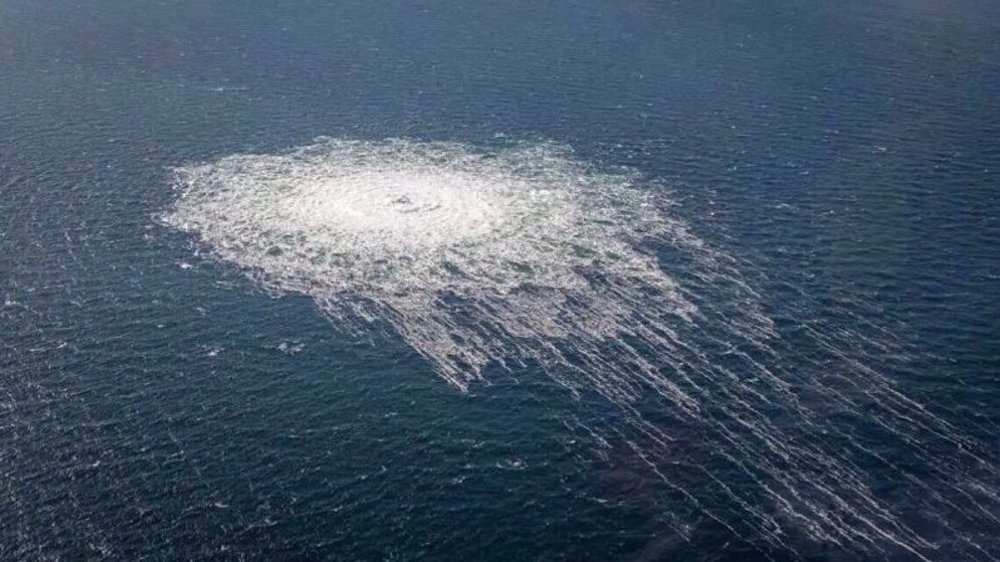
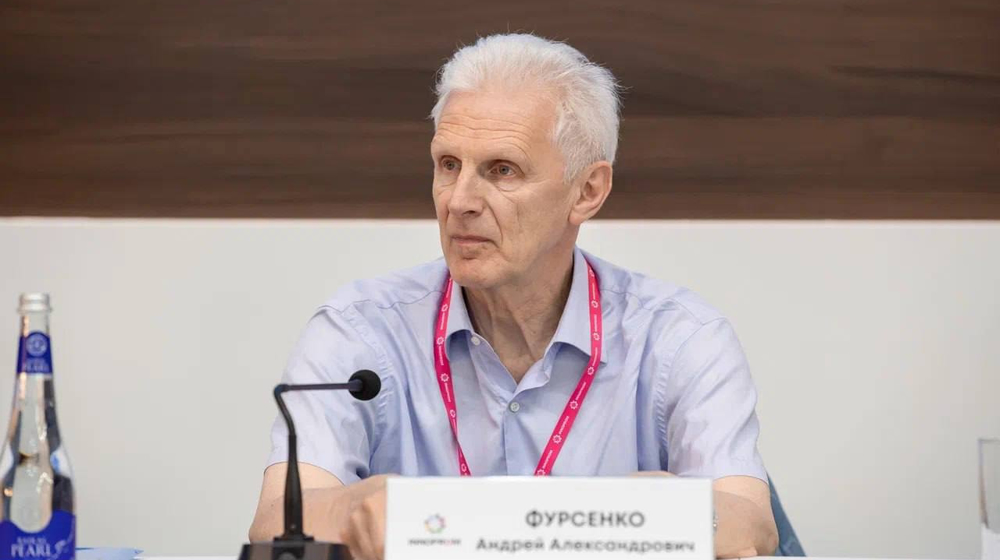
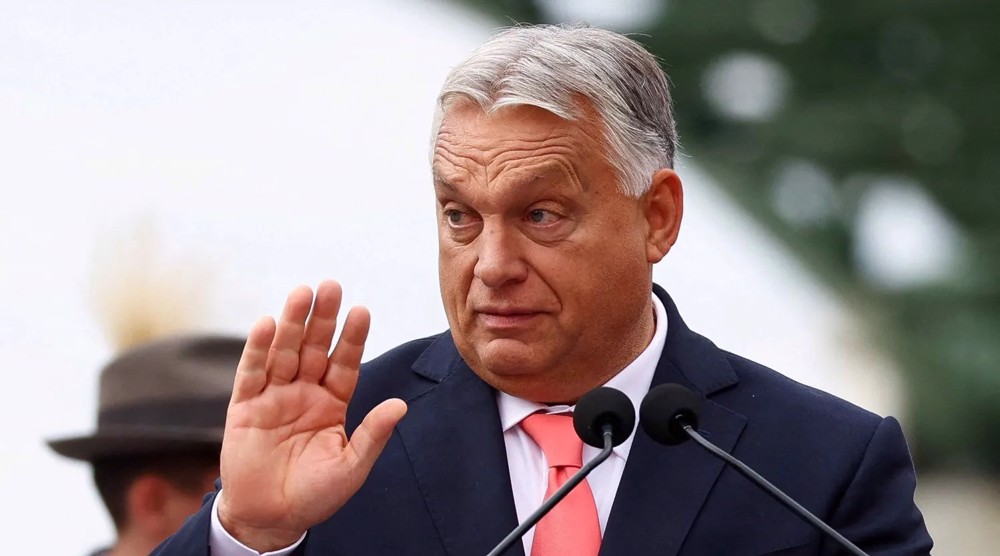
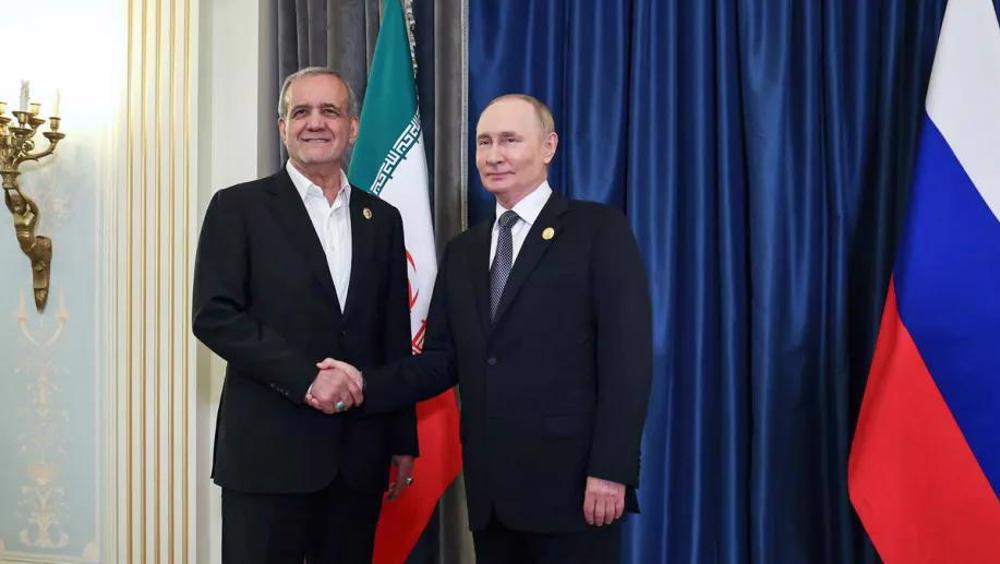




 This makes it easy to access the Press TV website
This makes it easy to access the Press TV website